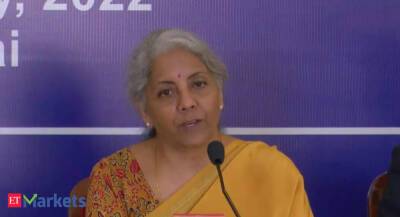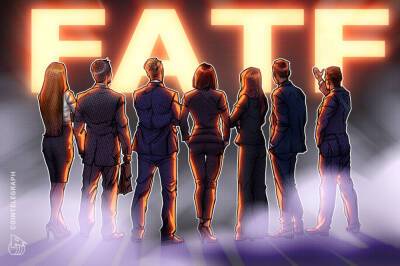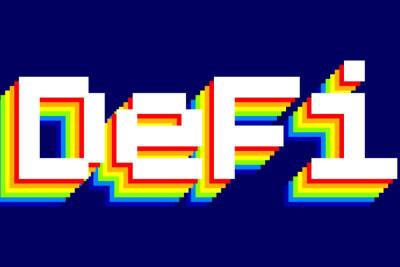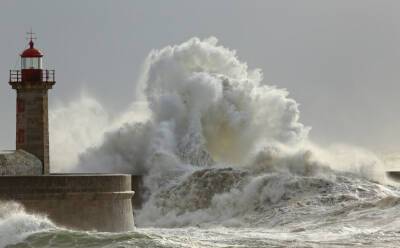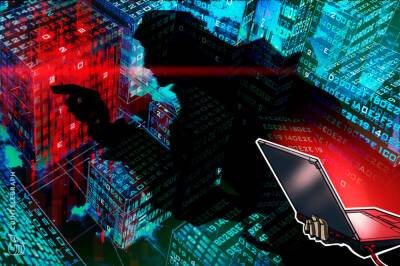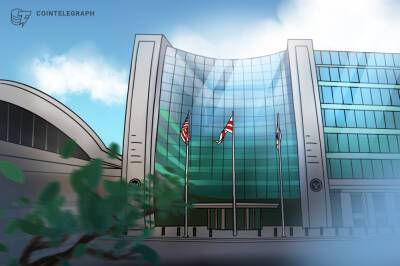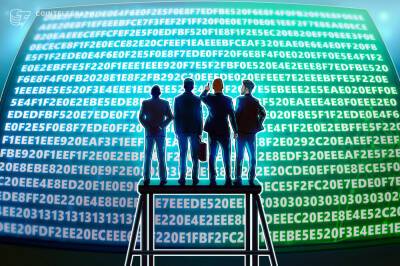DAO regulation in Australia: Issues and solutions, Part 2
Lawmakers in Australia want to regulate decentralized autonomous organizations (DAO). In this three-part series, Oleksii Konashevych discusses the risks of stifling the emerging phenomenon of DAOs and possible solutions.
Regulating a decentralized autonomous organization (DAO) as a company, first of all, means registration as a company. But who remembers why we need that registry in the first place? Will anyone question whether a blockchain-based DAO needs registration at all?
Historically, the government took the role of that trusted third party that, through its public agency — i.e., a registry office — keeps records about a company: who is in charge, its address, its constitution, shares and shareholders, and so on. In any legal issue or dispute, the registrar will take the registry as the source of truth. Registration can be canceled if a company does illegal business. Registration is also needed for taxation. The public registry body keeps this data, ensuring its authenticity and safety.
Related: DAO regulation in Australia: Issues and solutions, Part 1
Nowadays, the registry is electronic and needs reliable infrastructure: software and data centers, cybersecurity measures, etc. Besides, there are formal rules and requirements for the registration. So, each record is verified against these rules. All of this is the responsibility of the registry office.
Now let’s see what a blockchain is. This technology can ensure an unprecedented level of protection for electronic records. Once a record is published on a reliable blockchain, there is no way to tamper with it. Besides, users publish and manage their data on a blockchain without an intermediary.
So with blockchains, at least two functions of the registry office become
Read more on cointelegraph.com



